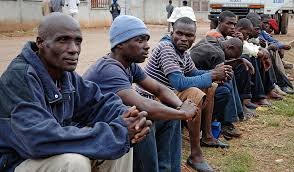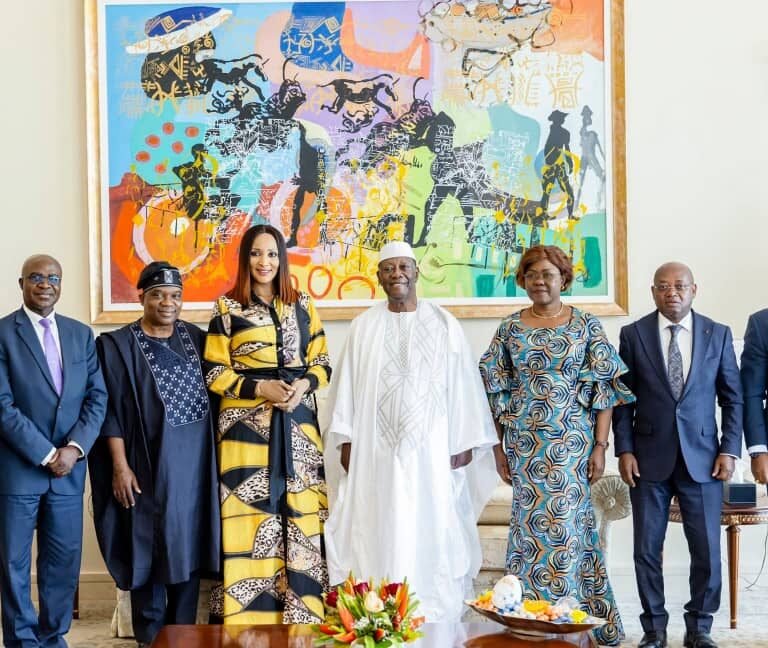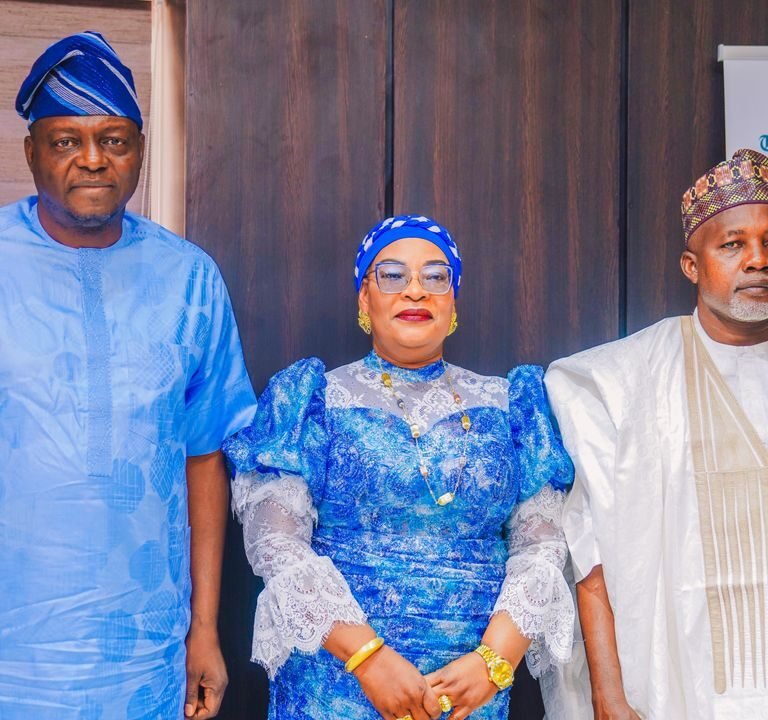
Editorial Board, Media360Impact
In every corner of this country, you’ll find creativity on full display — from tailors and coders to shoemakers, content creators, artisans, traders, and budding tech entrepreneurs. Nigerian youths are arguably the most enterprising on the African continent. Against all odds, they innovate, build, and hustle. So why are they struggling to survive?
Because the system is rigged against them.
Opportunities are few and far between. Government job openings are limited, and the private sector is too small or too fragile to absorb the millions of qualified young Nigerians entering the labor market annually. The promise of “job creation” has become a recurring campaign phrase with little meaningful follow-through.
Access to capital remains a major hurdle. Most banks treat young entrepreneurs as high-risk borrowers, demanding collateral they don’t have or rejecting their applications outright. Government-backed empowerment schemes are either poorly funded, politicized, or riddled with bureaucracy and favoritism.
The cost of doing business is another burden. Young people trying to launch small ventures face high rents, skyrocketing fuel prices, inconsistent power supply, and prohibitive import tariffs on essential materials. Internet access, the lifeline of today’s digital economy, is still slow, expensive, and unreliable in many parts of the country.

Let’s not forget insecurity. From banditry and kidnapping in rural areas to street crime and police harassment in urban centers, insecurity stifles productivity and scares off potential investors. Add to this the instability of government policies, and it’s clear that Nigeria remains a difficult place to dream.
The result? Unemployment and underemployment are at crisis levels. Many graduates roam the streets for years without gainful work. Others try to scrape by in the informal sector — hawking, freelancing, or engaging in “side hustles” that rarely lead to financial stability. Tragically, some are lured into criminal activities, drugs, or online scams or take dangerous migration routes in search of hope abroad.
This shouldn’t be the reality in a country so blessed not just with natural resources, but with a vibrant, youthful population full of ambition, ideas, and untapped potential.
What Nigeria needs is a youth-centered economic agenda, not lip service.
We need deliberate and sustained investment in Small and Medium Enterprises (SMEs). We need power and broadband infrastructure that supports innovation. We need practical skills acquisition programs tied directly to market demands — not outdated curriculums taught in half-functional vocational centers.
We need tax breaks and regulatory reforms that favor startups, not stifle them. Most of all, we need a government that listens — not just during elections, but throughout its tenure.
It’s time to shift from slogans to substance. Our youths don’t need handouts. They don’t need tokenistic empowerment events with branded shirts and one-time grants. They need consistent, structural support and a business environment that rewards hard work, not connections.
Nigeria’s future depends on how it treats its young people. If we continue to fail them, we’re not just destroying dreams; we’re sabotaging the nation’s growth and global competitiveness.
The youths are doing their part. It’s time for the system to rise to meet them








